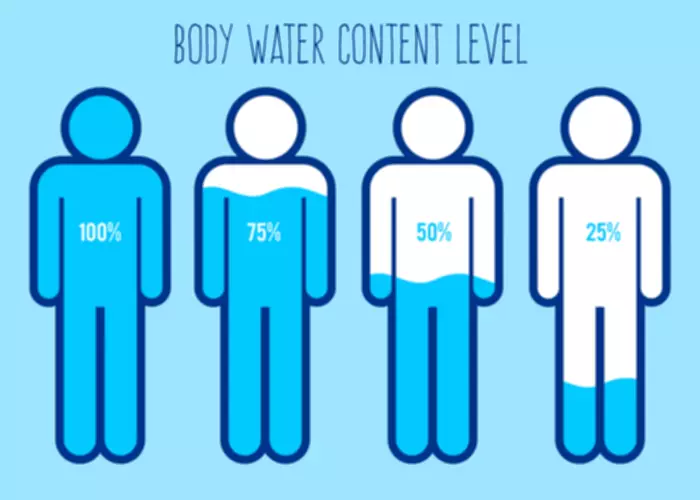
Paradoxically, family members and the addict’s lives follow parallel tracks, in that when the loved one has a good day, the family believes they have had a good day. You can just sit and listen and learn more about recovery, or you can share about your situation. International Convention marks the anniversary of how to intervene with an alcoholic Bill W.’s first meeting with Dr. Bob and the birth of Alcoholics Anonymous in 1935.
Interventions Are Not ‘Tough Love’

The addict or alcoholic will teach the family how to keep him or her comfortable in the addiction, all while family members break down emotionally. The addict or alcoholic will manipulate the family until they have, unbeknownst to them, learned how to effectively allow the addiction to thrive. Most families don’t understand that addiction is a disease and that the addict is the product of a family that has passed down behavior from previous generations. Addiction in families can be fixed rarely, if ever, without intervention and guidance from outside the family. Addicts and alcoholics affect family members in diverse ways, and because family members have different opinions, bringing all of them together to create a cohesive plan for intervention is difficult.

Are You Looking for Help with Alcohol Use Disorder?

Fortunately, it is very easy to obtain facts about alcoholism and the different types of alcoholics. You can do some research online to better understand how the disease works. We invite healthcare professionals to complete a post-test to earn FREE continuing education credit (CME/CE or ABIM MOC). This continuing education opportunity is jointly provided by the Postgraduate Institute for Medicine and NIAAA.
- They can help handle difficult situations, manage resistance and guide the discussion.
- Alcohol intervention strategies in Canada are successful in helping individuals overcome their addiction and reduce their alcohol consumption.
- Support comes in many forms, including medical care, therapeutic help, and social support from loved ones.
- If you don’t agree with the intervention, don’t ruin it or jeopardize it for those who do.
- Friends or family who have tried to raise the alcohol abuse in the past will know that it can be challenging to remain calm when talking about addiction.
Ensure everyone is on the same page
Keeping the dialogue constructive, using positive language, and avoiding judgments or ultimatums will help maintain a supportive atmosphere. Setbacks can be common, so you will want to know how they are addressed. For more information on a return to drinking, see An Ongoing Process. Overall, gather as much information as you can about a program or provider before making a decision on treatment. If you know someone who has firsthand knowledge of a program, it may help to ask about their personal experience. Given the diverse biological processes that contribute to AUD, new medications are needed to provide a broader spectrum of treatment options.
- More often than not, having an addict in your life means standing back and watching them continue to make dangerous or unhealthy choices.
- Withdrawal symptoms such as anxiety, nausea, and other physical discomforts after stopping drinking are clear indicators of alcohol dependence and alcohol withdrawal.
- Perhaps even more important than the intervention itself is what happens afterward.
- You do not have to put up with unacceptable behavior in your life.
Tough love alone allows the loved one to blame everything and everybody else, confirming the thinking that feeds his or her addiction. Don’t wait for the hold-out or the person who is talking the family out of the intervention, arguing against it. If someone doesn’t want to be part of the solution, then they become part of the problem. In most cases, if the person who made the heroin addiction initial phone call for help were the sole decision maker, many more people would receive an intervention. Generally, families that call us are in crisis, but within 48 to 72 hours, the crisis subsides, and the family returns to the situation they found themselves in earlier.
Signs of an Alcohol Problem
Pinpointing specific situations will help your loved one understand where you are coming from and what needs to change. An alcohol intervention is an opportunity for someone to recognize and get treatment for their alcohol use disorder (AUD). While some interventions take place when severe or life-threatening consequences arise, others are done soon after the warning signs of alcoholism are identified. In the case of alcohol use disorder, treatment may also include medical detox to avoid potentially dangerous withdrawal symptoms. An alcohol intervention plan includes the date, time, place, and addiction treatment options that will be presented during the intervention, as well as who will be in attendance. The friends and family you assemble for an alcohol intervention can affect the outcome of the intervention itself.
- This continuing education opportunity is jointly provided by the Postgraduate Institute for Medicine and NIAAA.
- During the conversation with your loved one, give examples to support your concerns.
- This point can be difficult for everyone involved due to the emotionally charged environment.
- By implementing an alcohol intervention, some of the risks of long-term excessive drinking can be managed.
- Seeking these options can significantly improve recovery outcomes.

